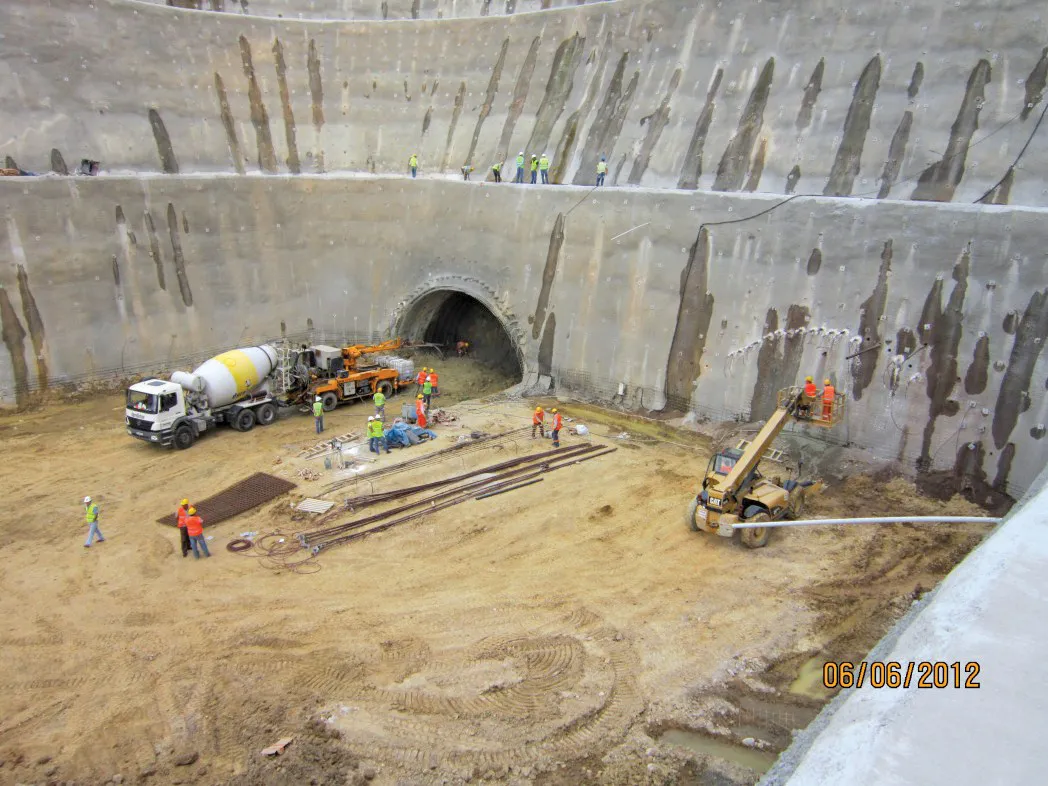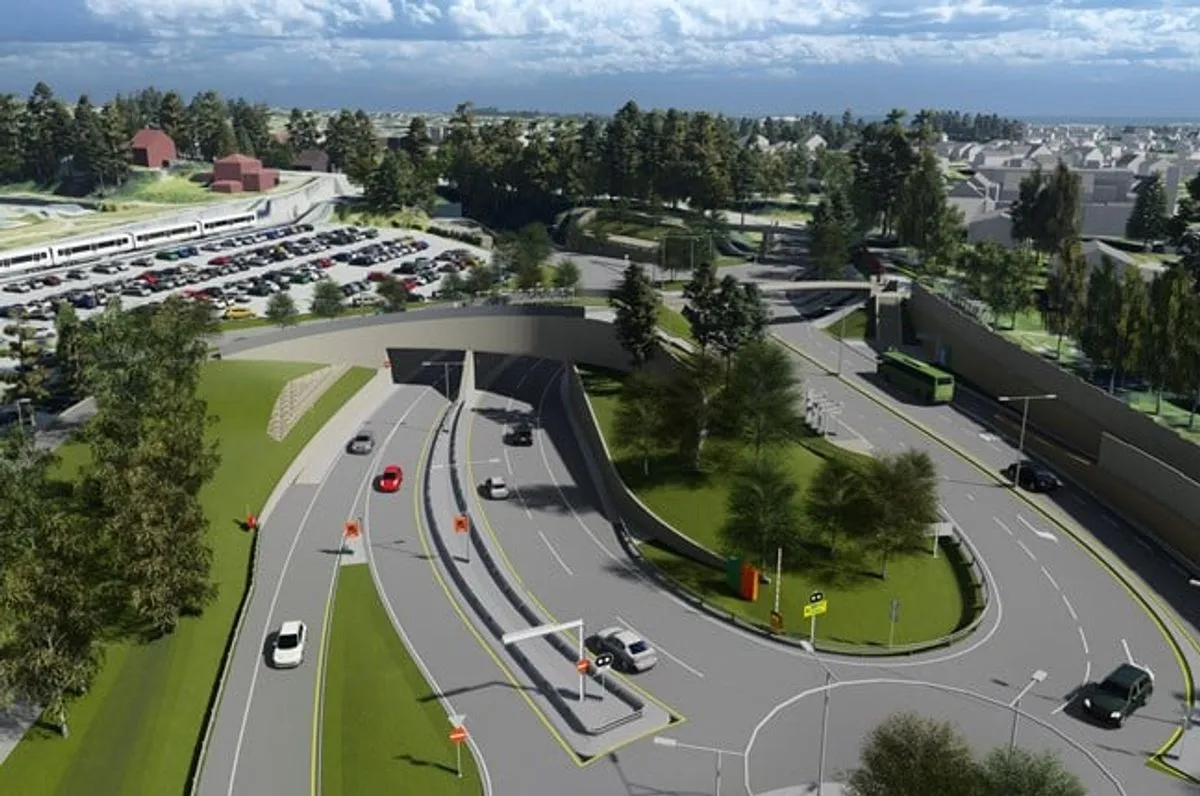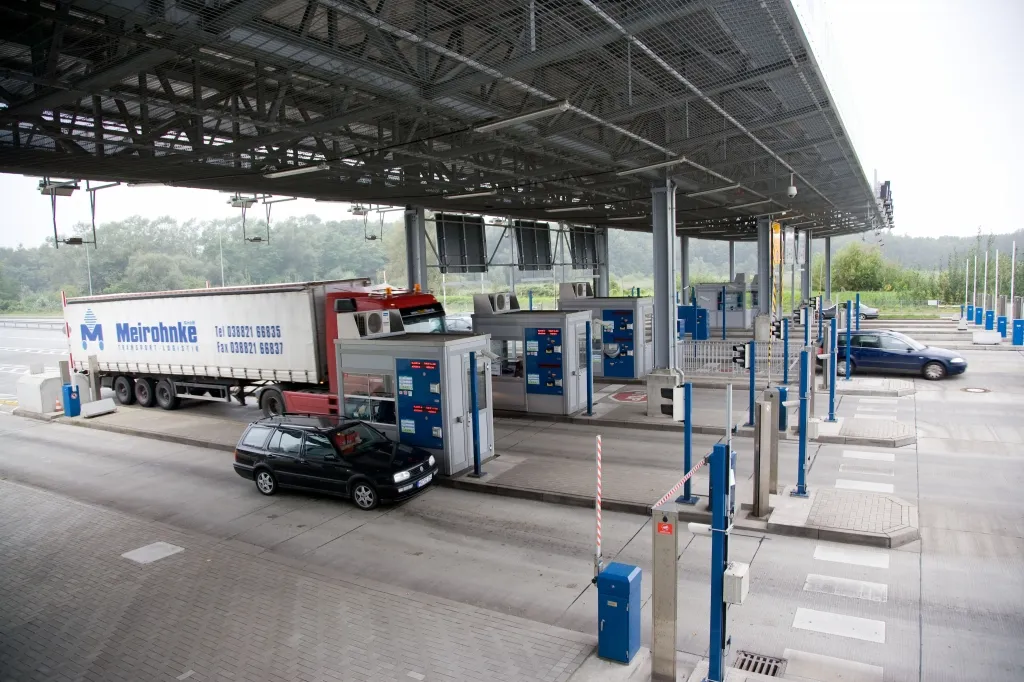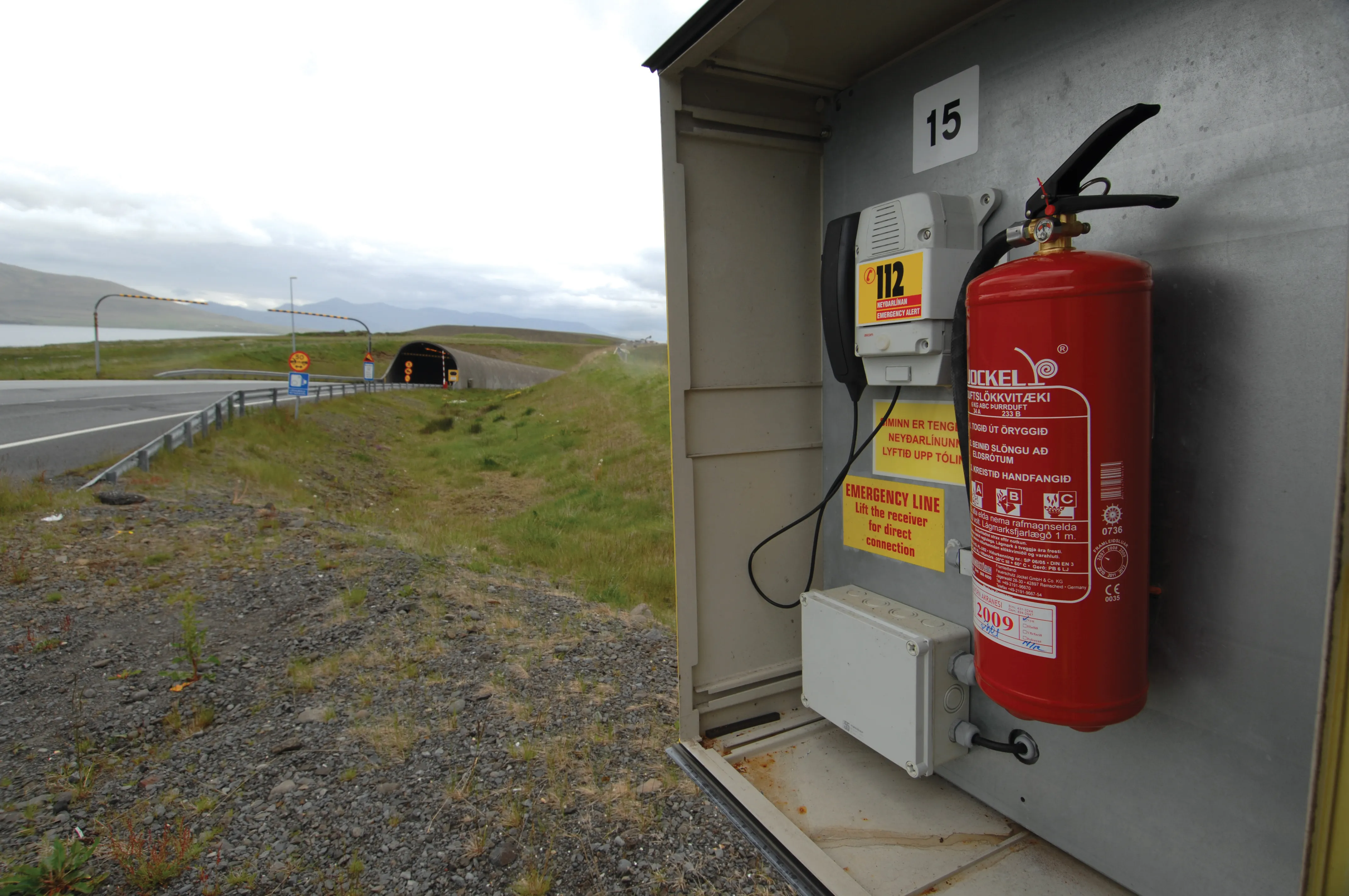Two new tunnel connections in Turkey will improve transport in key areas. The new Kemerhisar-Pozanti Highway features tunnels along its length and this key route will improve connections between the country’s capital Ankara and its commercial centre Istanbul as well as to the south-east of the country.
The highway will have wider benefits too as it will allow better transportation through Turkey between Europe and the Middle East. And in the busy port city of Izmir, the new Konak Tunnel will reduce jour
August 28, 2013
Read time: 3 mins

Two new tunnel connections in Turkey will improve transport in key areas. The new Kemerhisar-Pozanti Highway features tunnels along its length and this key route will improve connections between the country’s capital Ankara and its commercial centre Istanbul as well as to the south-east of the country.
The highway will have wider benefits too as it will allow better transportation through Turkey between Europe and the Middle East. And in the busy port city of Izmir, the new Konak Tunnel will reduce journey times considerably.Once the tunnel link is complete it will cut congestion between between Konak and Yeildere in the city.
In addition,
OTOYOL was selected by KGM as the private concessionaire for the project, and is itself a firm established for the purpose of the project by five Turkish companies:
After a competitive bidding process, Egis was selected by OTOYOL as its operation partner.
Gebze-Izmir Project
The Gebze-zmir Project is a tolled highway project procured by KGM under a build, operate and transfer (BOT) model. This is the largest BOT project in Turkey to date. It includes 420km of highway (2x3 lanes) between Gebze (on the North shore of zmit Bay) and zmir, as well as a 3km suspension bridge crossing zmit bay, three tunnels with a total length of 6km and 20 toll stations.The project will be implemented in two phases. The first phase from Gebze to km 58 will include the 3km Izmit bay suspension bridge which is one of the longest suspension bridges in the world by the length of central span.
There is considerable requirement in Turkey for additional roads and highways as the country’s vehicle population is growing significantly. The number of registered vehicles in the country increased by 2% in April 2013 to reach 17.35 million, and in the period from January-April 2013, 372,000 new vehicles were registered while 55,000 old vehicles were removed from the registry.
Out of the total 17.35 million vehicles, 51% are passenger cars; 16.4% pick-up trucks; 15.5% motorbikes; 8.8% tractors; 4.3% trucks; 2.3% minibuses; 1.4% coaches; and 0.2% special-use vehicles.









